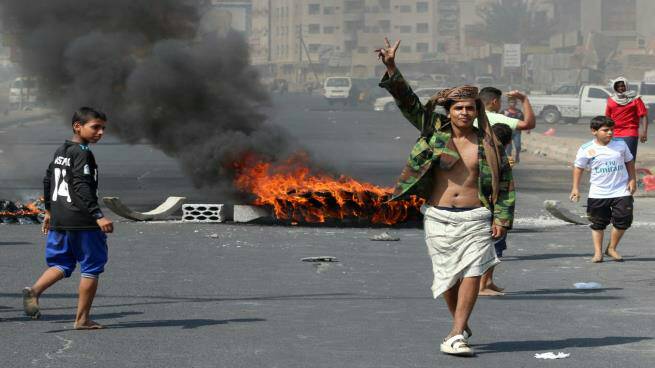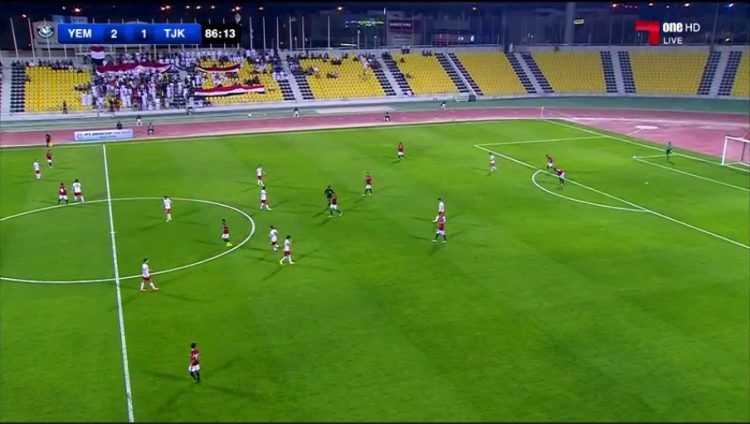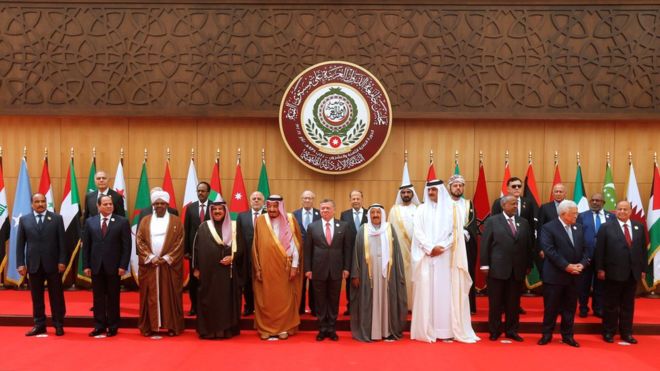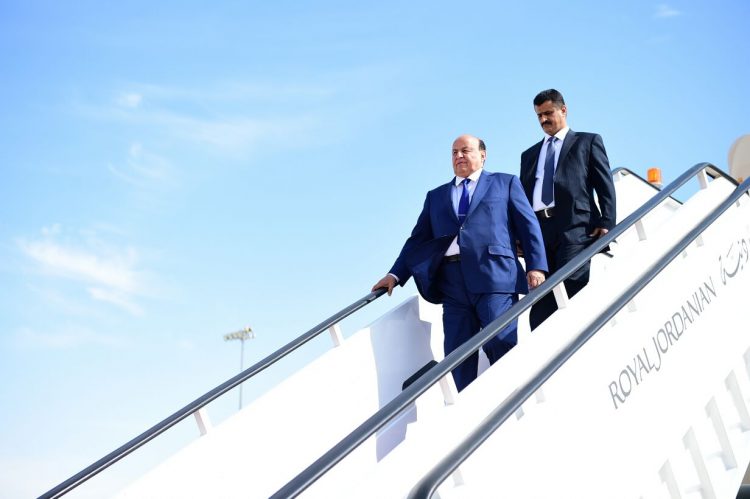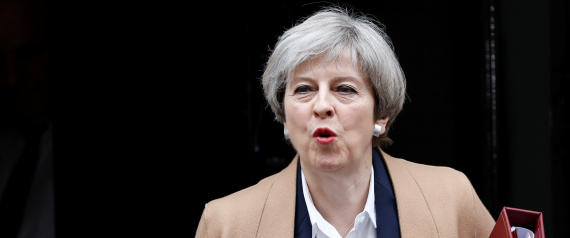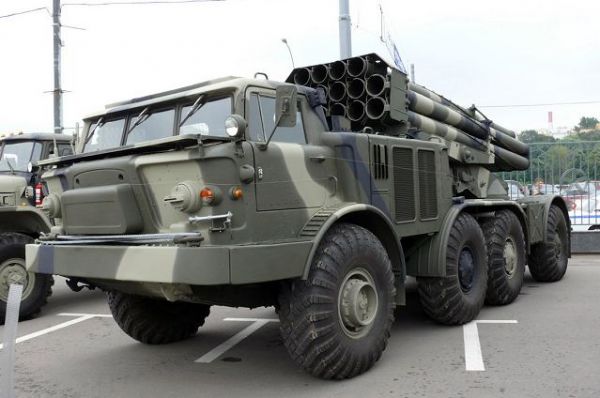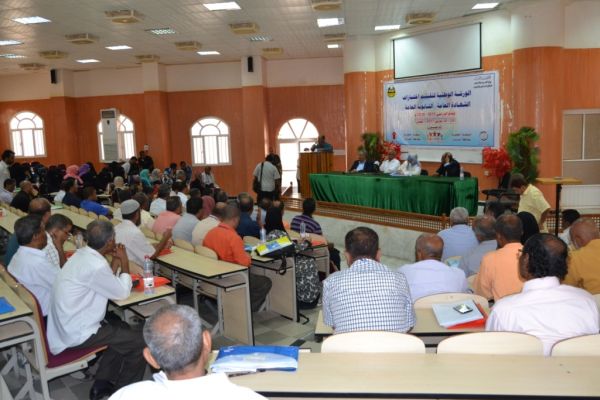An attempt to recruit popular anger from the collapse of the Yemeni riyal in order to implement a new coup against legitimacy in the southern provinces of Yemen, especially the interim capital Aden, the so-called “transitional southern council” backed by the United Arab Emirates on Wednesday called for a “popular uprising” against Yemeni legitimacy and the government and “popular control over all the institutions of income.” He said the move would be supported by military action.
The STC called on the coalition to support its move. This led to a split in the southern street, especially in light of the dire humanitarian situation in Yemen, which the UAE’s allies are trying to use for their advantage, to control the southern areas of yemen.
It was remarkable that the invitation of the UAE allies came hours before the meeting of the “Transitional Council” scheduled with the UN envoy to Yemen, Martin Griffith, in Abu Dhabi.
“The escalation of the Council and the attempt to blow up the situation in the liberated areas using the suffering-people card could be described as an extortion from the UAE and its allies against the legitimate government,” sources said.
A statement issued by the Council, stated that “the provinces of the south are all areas of disaster,” as a result of what he described as “disastrous policies pursued by the so-called legitimacy and government,” as was written in the statement.
“We support a popular uprising that removes all of this, and we stress to our people that the Intifada be peaceful, preserve public and private property, and prevent the spys who seek to provoke chaos and sabotage” it said.
The UAE-backed council also called on the so-called “Southern Resistance Forces” to “prepare ” for a confrontation with what they described as the “makers of tampering and corruption”.
He also called on “all military and security sectors in all southern provinces to stand” in his side.
The setting up began days ago by officials of the “transitional council” of the new escalation, especially after the threat of the Vice President of the Council, Hani Ben Brik, who is described as the most prominent men of the UAE in Aden. “We will not be patient, that’s enough, and then we will not stop at the walls,” he said in a tweet through his official Twitter account, in a reference to the failure attempt of the militia backed by the Council, including the “security belt” established by the UAE, to storm the walls of the Palace of the “ma’asheeq”.
In a second tweet, Ben Brik said that what he called “the southern resistance forces is the hippocampal shield to protect any movement of the people and.. we will be with our people”.
“The issue cannot be divided by three, it is only two choices. Either in side of the people, their demands and their orientation, or against the people. No third option to take. All have to understand this”.
It is an explicit threat aimed at intimidating all voices that are rising in Aden, criticizing the policies of the Council and its subordination to the UAE.
In other hand, sources in the legitimacy said that the attempt of the “transitional” to blow up the situation in the liberated areas is an exploitation of the suffering of people.
Adding: It is an extorting from the UAE and its allies against the legitimate government, but it also threatens the unity of the southern issue, and push for division”.
“This is a losing bet because people will not be dragged into an internal conflict between the southerners themselves, especially since those who run the south are southerners from several southern provinces”.
“If they are really trying to help solve the suffering of the people of Yemen or even southern Yemen, they have to convince their UAE allies to open and operate the Yemeni ports,” observers said. “Because the humanitarian crisis happened after the closure of ports and airports, and after using Yemeni wealth by UAE, including the export of liquefied gas in the region and the port of Balhaf in Shabwa, which is controlled by the UAE forces, and the Emiratis”.
For his part, one of the activists of the “Transitional Council” said that “the Council’s method is unsuccessful in the escalation, as there are parties that have a presence on the ground and seek to trap the transition in the trap again.. moving today differs from previous moves, which was during the support of the people, Then it has not been tested, but its movement today comes after failure several times. ”
Others saw a contradiction in the statement of the UAE’s allies. They called for a popular protest to over down the government peacefully. At the same time, they called on their forces to participate under the pretext of protection, in a repetition of the Houthi coup model.
They also called on the military units in the various regions of the south that are not loyal to them to determine their position about their movement, which is considered as a threat.
Observers pointed out that they are seeking to blow up the situation militarily, and this is the most serious phase that could raise in the southern areas.
Prime Minister Ahmed Obeid bin Dagher left Aden last July for talks with UN envoy Martin Griffith and his team to discuss settlement proposals, but was unable to return.
Instead of settling in Aden, President Abdurbo Mansour Hadi also followed his Prime Minister last August and the two men are now in the Saudi, even though their presence outside the country had raised criticisms for the legitimacy.

